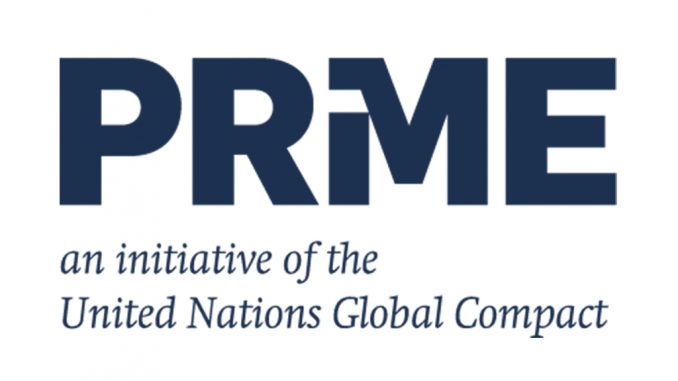Earlier in 2007, the Principle for Responsible Management Education (PRME) was established as a partnership organization between the United Nations and Business schools.
What is the Principle for Responsible Management Education?
Way back in 2007, the Principle for Responsible Management Education was first introduced as a joint program between the United Nations and several Business schools. The goal of PRME is to help integrate into business and management education the ways of sustainable development globally. It aims to produce responsible business leaders that will soon take over the industry globally.
The organization has signatories from 650 business and management institutions from 85 countries worldwide.
The UN Global Compact works in partnership with PRME to help associate sustainable development goals in the academe. Responsible Management Education also helps existing responsible businesses in the industry to acquire business-sustainability minded applicants from its partner business schools. Partner business industries are assured that talents they will be acquiring are inclined with the perspectives of their company as well.
Implementation of PRME in school campuses
The goal of responsible management reduction is not purely on the academic part, it also aims to transform participating schools to personally apply sustainability guidelines at their individual campuses. This includes sustainability practices in energy usage, building construction, and campus greenhouse contribution.
Some notable business and management institutions that responsibly taking into consideration sustainability practices are not limited to those under the PRME. Take for example the Leeds School of Business at the University of Colorado, Boulder. The campus has recorded an impressive 63% reduction in drinking water usage since 2002 and a 22% reduction in energy usage since 2005.
While at the University of Miami, the Herbert Business school also received certification under the Leadership in Energy and Environmental Design program. This award was given for having an above-average energy efficiency rating in its campus with 90% of its lights being used are LED lights.
According to the United Nation’s Higher Education Sustainability Initiative (UNHESI), we will continue to remind business schools of both members and non-members of the PRME to practice sustainable developments on their campuses. The call of HESI also includes having to take part in local sustainability programs in order to develop not just green campuses but also green communities.







